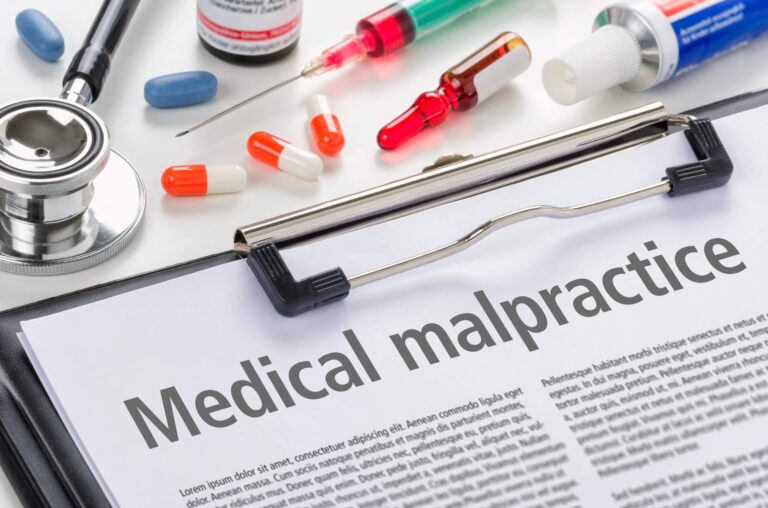The Coronavirus pandemic has created unprecedented changes in the field of medicine. Many hospitals could face an influx of COVID-19 patients which may require intensive or immediate medical treatment. Additionally, many hospitals and doctors may need to implement new procedures to help prevent the spread of COVID-19 within their treatment centers. The response to these challenges has resulted in new medical malpractice lawsuits related to COVID-19. Several recent medical malpractice lawsuits pertain to improper treatment of Coronavirus cases or an individual developing COVID-19 as a result of negligent or reckless action.
What Types of Malpractice Claims Could Arise During COVID-19?

There are several actions that could qualify a medical malpractice claim during the COVID-19 pandemic. These actions can be taken by either a medical care provider, organization, or hospital. In some cases, an individual may be able to file a claim against more than one party.
“While this is an incredibly stressful time for doctors and other healthcare providers, the standard of care should not be compromised,” said Attorney Sean Domnick of Domnick Cunningham & Whalen. “An injured person should not have to bear the cost of damages resulting from the negligence or reckless action of a medical professional.”
Lawsuits could arise during COVID-19 that relate to a hospital or medical care provider’s inability to treat Coronavirus cases in a safe and timely manner. Additionally, some lawsuits may allege that an individual became exposed to and developed COVID-19 as a result of negligent or reckless safety or sanitation practices.
Medical Malpractice Claims and COVID-19 Treatment
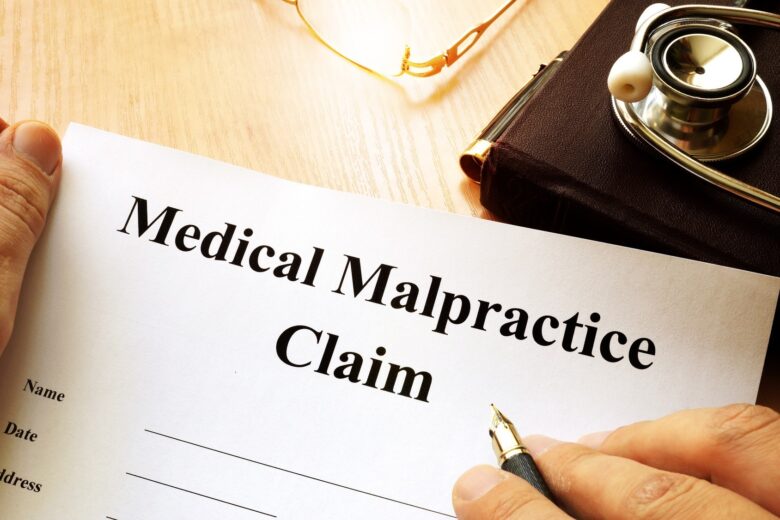
Some medical malpractice claims may result from the way hospitals, doctors, and other medical practitioners treat individuals with COVID-19. This includes medical malpractice claims regarding a person being injured as a result of a hospital’s inability or failure to adequately treat COVID-19 within an appropriate timeframe. Cases such as these may allege that a doctor should have been able to treat a COVID-19 patient within a certain timeframe, but did not due to negligence, reckless action, or an unreasonable lack of preparation.
Similarly, medical malpractice claims could arise alleging that while a doctor was able to diagnose COVID-19, they did not provide treatment that would adhere to the standard of care. This could include cases where a doctor does not admit a COVID-19 patient to a hospital under the impression that they are healthy enough to self-quarantine at home and the patient then subsequently dies due to the Coronavirus.
Medical Malpractice Claims and COVID-19 Exposure

Additionally, individuals may have a medical malpractice case if they suspect that they became exposed to and developed COVID-19 due to a hospital or practitioner’s negligent or reckless action. Claims regarding the failure to appropriately hinder the exposure to COVID-19 may arise whenever a hospital is unable to provide personal protective equipment (PPE) to hospital staff.
Laws Regarding Medical Malpractice During COVID-19
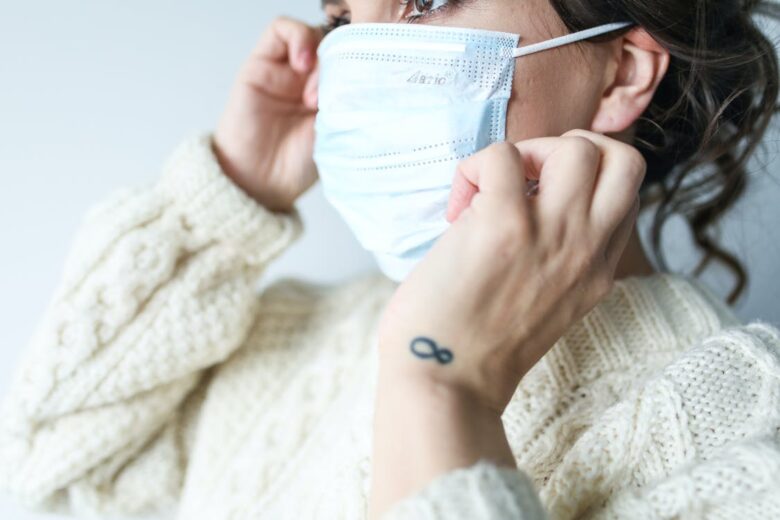
There are several laws that may provide medical practitioners with liability protections during the COVID-19 pandemic. The Coronavirus Aid, Relief, and Economic Security Act (CARES), which was signed into law on March 27, 2024, includes some liability protections for volunteer health service providers during the COVID-19 emergency response period. This law could protect volunteer physicians and other service providers from claims related to the prevention, treatment, and diagnosis of COVID-19 in some cases.
Similarly, the Volunteer Protection Act of 1997 (VPA) could provide additional liability protections for individuals voluntarily performing services for government or non-profit organizations. Under VPA guidelines, a volunteer must be licensed or authorized to provide treatment in the state where the service is performed in order to qualify for liability protection.
Public Readiness and Emergency Preparedness Act (PREP Act) of 2005 could also provide protection from medical malpractice claims during the COVID-19 pandemic. The PREP Act could provide immunity protections from liability claims in limited scenarios whenever a declaration is issued by the Secretary of Health and Human Services (HHS).
Medical Malpractice Claim Decreases During COVID-19
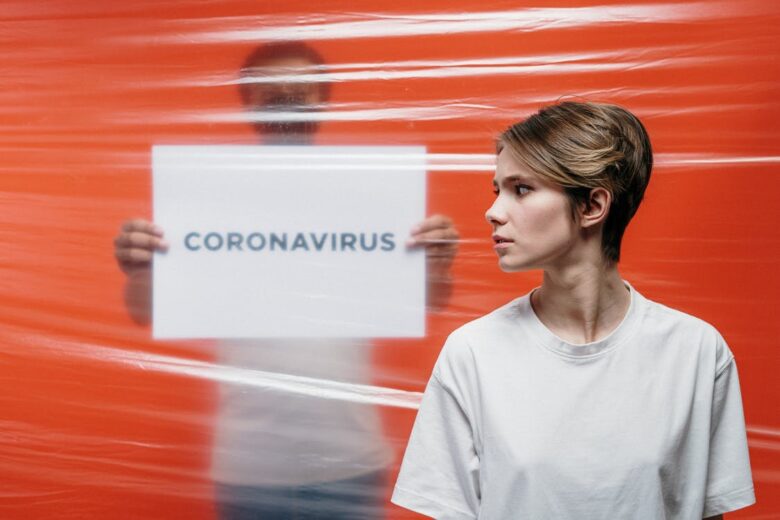
While many new medical malpractice claims may arise related to the treatment of COVID-19, some types of claims may decrease during the pandemic. This includes claims related to certain non-essential medical services that were closed as a result of a state of emergency declarations or shelter-in-place orders. Many state governors closed non-essential businesses while stay-at-home orders were in effect. While what qualified as an essential business varied between states, some medical practitioners were affected, including dental offices, cosmetic surgery providers, and elective operation services.
Disclosure of Risk During COVID-19

In response to the increased potential health risks and demands during COVID-19, some doctors and hospitals across the United States are implementing additional protocols that may proactively protect them from medical malpractice lawsuits. This includes updated disclosures of risk and informed consent procedures that acknowledge the potential risk of contracting COVID-19 despite doctors and hospitals employing best health practices.
However, an individual does not automatically relinquish their ability to file a medical malpractice claim just because they were informed or signed a document acknowledging the risks of a treatment or procedure. In some cases, a person may still have a medical malpractice case whenever a health provider acted unreasonably or outside the standard of care.
Telehealth Practices During COVID-19

To proactively prevent the spread of COVID-19, many medical practitioners are implementing telehealth treatment, the online or electronic delivery of health services. While telemedical services may help deliver health services without direct interaction, many states have established regulations regarding how and when online health services can be provided.
While some telehealth regulations have been adapted to give more doctors and practitioners more liberties while providing services during the pandemic, an individual may still file a medical malpractice claim whenever a health professional provides inadequate care. This could include medical malpractice claims related to a failure to diagnose or misdiagnosis while providing telehealth services.
COVID-19 Medical Malpractice Claims
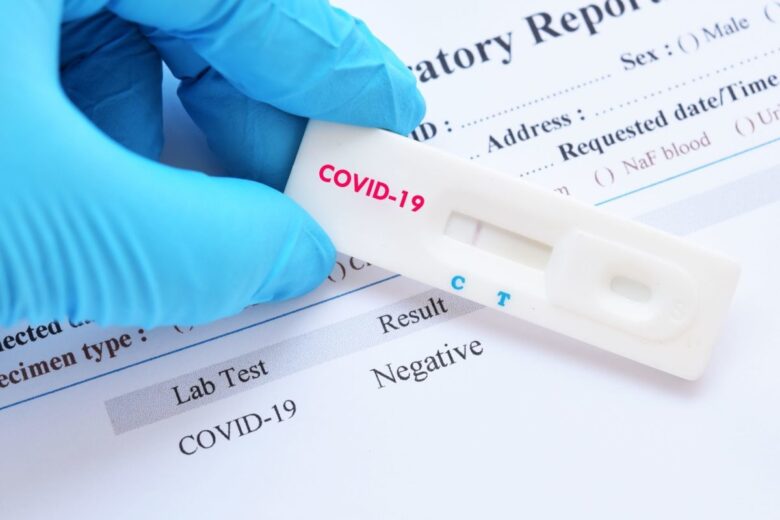
Overall, the success of a medical malpractice claim related to Coronavirus could depend on several factors. In many cases, an insurance company or similar organization may offer a settlement amount based on their evaluation of the overall case. If a case goes to trial, a medical malpractice claim may ultimately depend on the jury’s perception of if a health practitioner or service provider acted within the reasonable scope of care.

